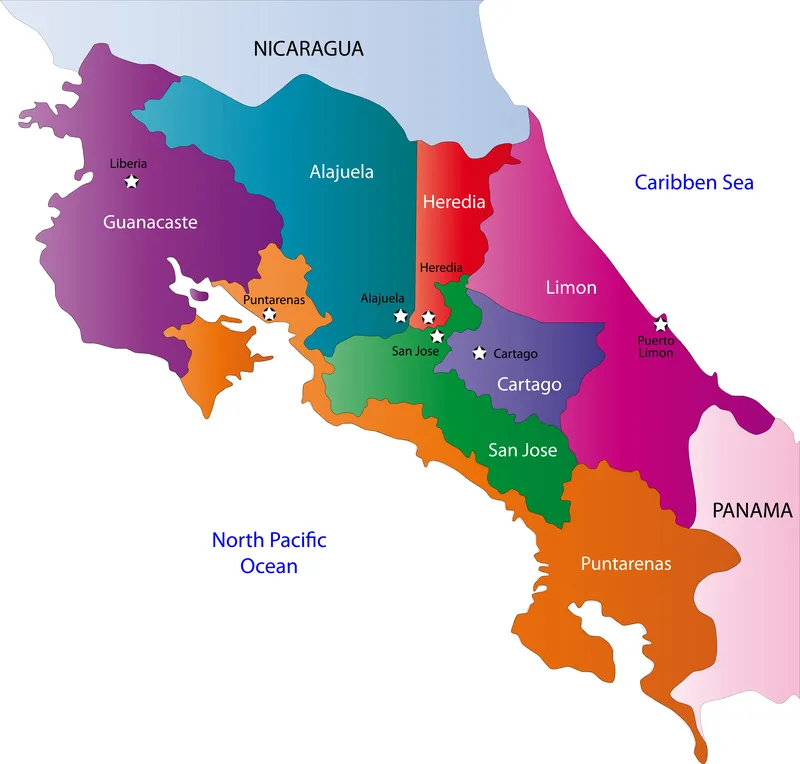In Colombia plans are now in hand for a major highway improvement project. Concesión Pacífico Tres is joint concession operator of the tolled links for Colombia’s major commercial regions connecting with the Pacific port hub. US firm Milbank, Tweed, Hadley & McCloy has provided advice to Colombian Concessionaire Concesión Pacífico Tres SAS and its sponsors, MHC Ingeniería y Construcción de Obras Civiles and Construcciones El Cóndor, and Costa Rica’s infrastructure company Constructora MECO. The advice was
February 29, 2016
Read time: 2 mins
In Colombia plans are now in hand for a major highway improvement project. Concesión Pacífico Tres is joint concession operator of the tolled links for Colombia’s major commercial regions connecting with the Pacific port hub. US firm Milbank, Tweed, Hadley & McCloy has provided advice to Colombian Concessionaire Concesión Pacífico Tres SAS and its sponsors, MHC Ingeniería y Construcción de Obras Civiles and Construcciones El Cóndor, and Costa Rica’s infrastructure company Constructora MECO. The advice was in connection with the structuring of a dual-currency project bond and financing package consisting of two tranches of bonds used to fund an extensive toll road improvement plan in Colombia. The offering is the first debt financing of its kind tied to a toll-road concession infrastructure plan of the Colombian National Infrastructure Agency.
Pacífico Tres is the entity created in 2014 as part of a 25-year concession with Colombia’s Ministry of Transportation to rehabilitate and operate a series of highways linking three of the country’s most commercially important regions. These are Valle del Cauca, Antioquia and Eje Cafetero and will connect to the key port of Buenaventura on Colombia’s Pacific coast. The concession operator is Conexion Pacifico 3, jointly owned by three of Colombia’s leading construction companies.
In the first part of the offering, Pacífico Tres issued a tranche of US$260.4 million of Series A notes due 2035, yielding 8.25%. In the second portion, the company issued COP$397 billion of Series B UVR-indexed notes due 2035, yielding 7.000%. Both transactions closed on February 22nd 2016.
Proceeds of the transaction will go toward financing key aspects of the project, including improvement of existing roads, construction of new short road stretches, as well the construction of two large tunnels and several bridges. The improvements are expected to be completed over the next five years.
The complete financing package includes three separate loan tranches along with a liquidity facility provided by Financiera de Desarrolo Nacional (FDN), a Colombian state-owned economic development bank.
Pacífico Tres is the entity created in 2014 as part of a 25-year concession with Colombia’s Ministry of Transportation to rehabilitate and operate a series of highways linking three of the country’s most commercially important regions. These are Valle del Cauca, Antioquia and Eje Cafetero and will connect to the key port of Buenaventura on Colombia’s Pacific coast. The concession operator is Conexion Pacifico 3, jointly owned by three of Colombia’s leading construction companies.
In the first part of the offering, Pacífico Tres issued a tranche of US$260.4 million of Series A notes due 2035, yielding 8.25%. In the second portion, the company issued COP$397 billion of Series B UVR-indexed notes due 2035, yielding 7.000%. Both transactions closed on February 22nd 2016.
Proceeds of the transaction will go toward financing key aspects of the project, including improvement of existing roads, construction of new short road stretches, as well the construction of two large tunnels and several bridges. The improvements are expected to be completed over the next five years.
The complete financing package includes three separate loan tranches along with a liquidity facility provided by Financiera de Desarrolo Nacional (FDN), a Colombian state-owned economic development bank.






